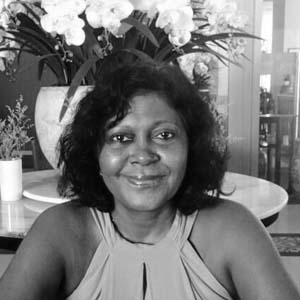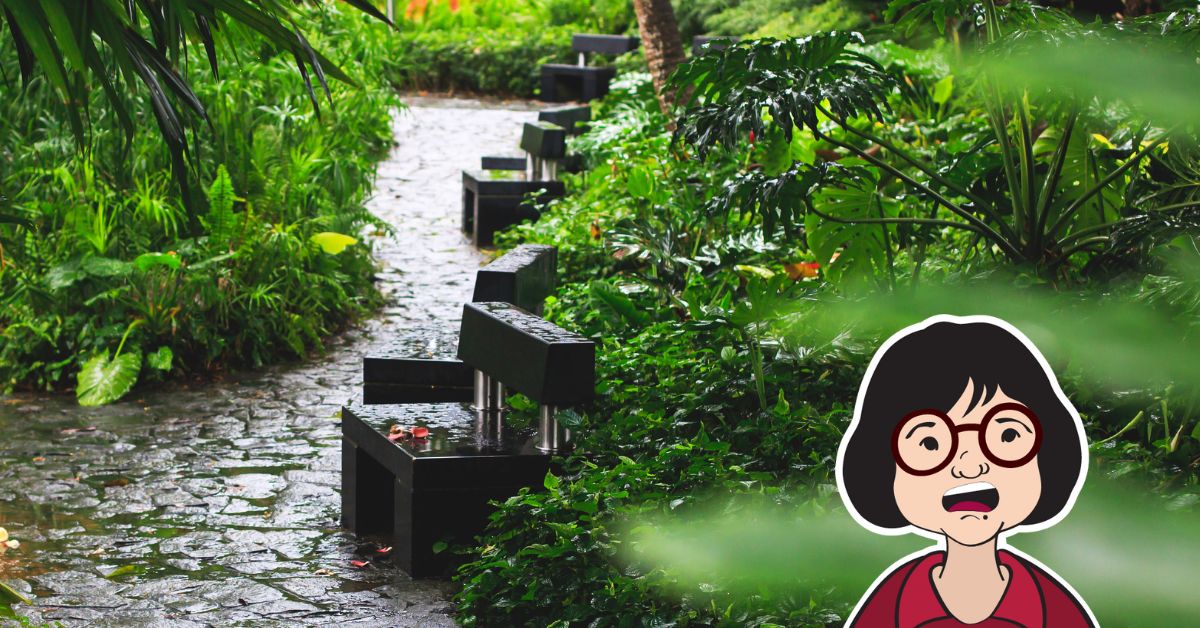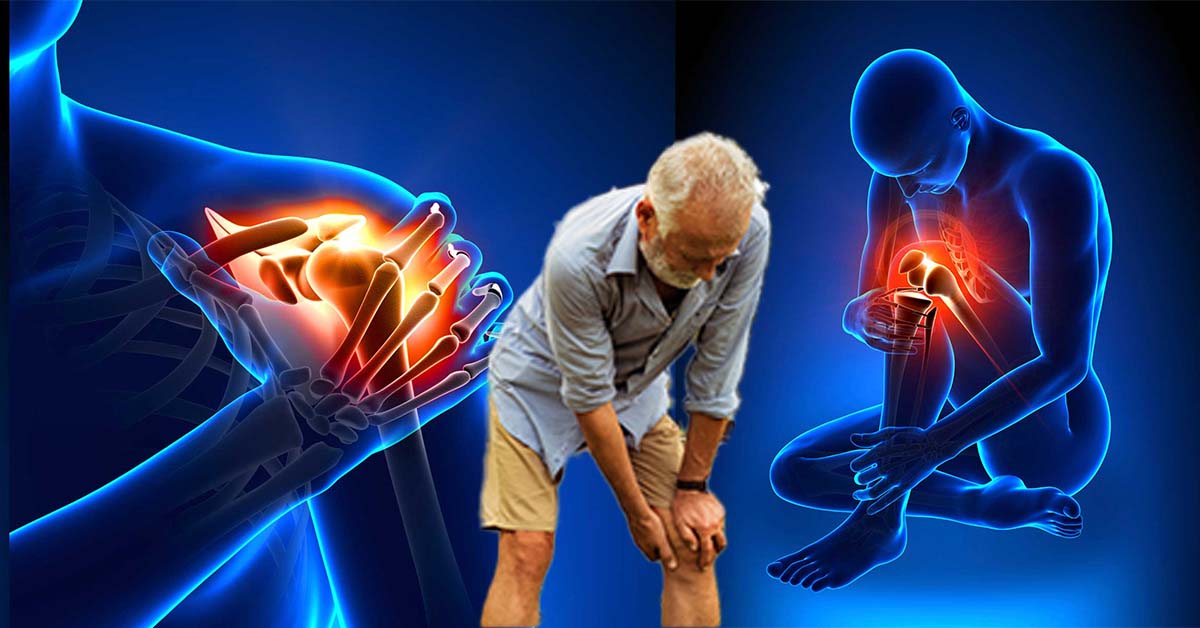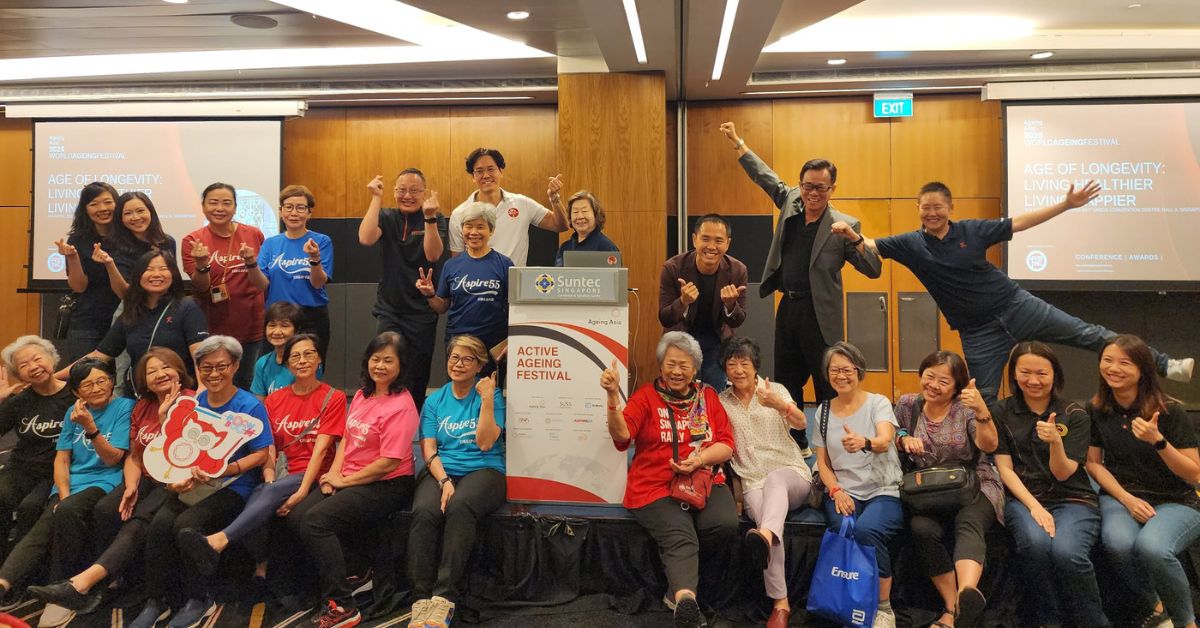
Ikigai – a Japanese term translating to “one’s reason for being” – was a reoccurring idea discussed at the inaugural Active Ageing Festival, held last Saturday (September 28) at the Suntec Convention & Exhibition Centre.
It was a fitting discussion considering the festival’s theme, Purpose is Medicine, referring to the science-backed power of a raison d’etre in promoting healthy longevity – a pressing concern for Singapore’s rapidly ageing population, given the substantial 10-year period of ill health that seniors face on average here before passing on.
The festival’s programme included a series of talks ranging from the importance of exercise and retirement planning to a guide on how to be an adorable senior – more on that later – along with supporting booths from lifestyle and wellbeing partners. It was also attended by senior parliamentary secretary for Social and Family Development Eric Chua.
The Active Ageing Festival, organised in honour of the International Day of Older Persons today (October 1), is spearheaded by Ageing Asia. The independent social enterprise also organises the annual World Ageing Festival, which saw more than 5,000 attendees from around the world at this year’s two-day convention.
Read on for some key takeaways from the esteemed speakers at the Active Ageing Festival, which included stakeholders in Singapore’s eldercare space like the Singapore University of Social Sciences (SUSS), which runs a gerontology programme; the Agency for Integrated Care (AIC); Aspire55, a senior social club; and more.
Advertisement
Active Ageing Festival: Seniors should dare to dream
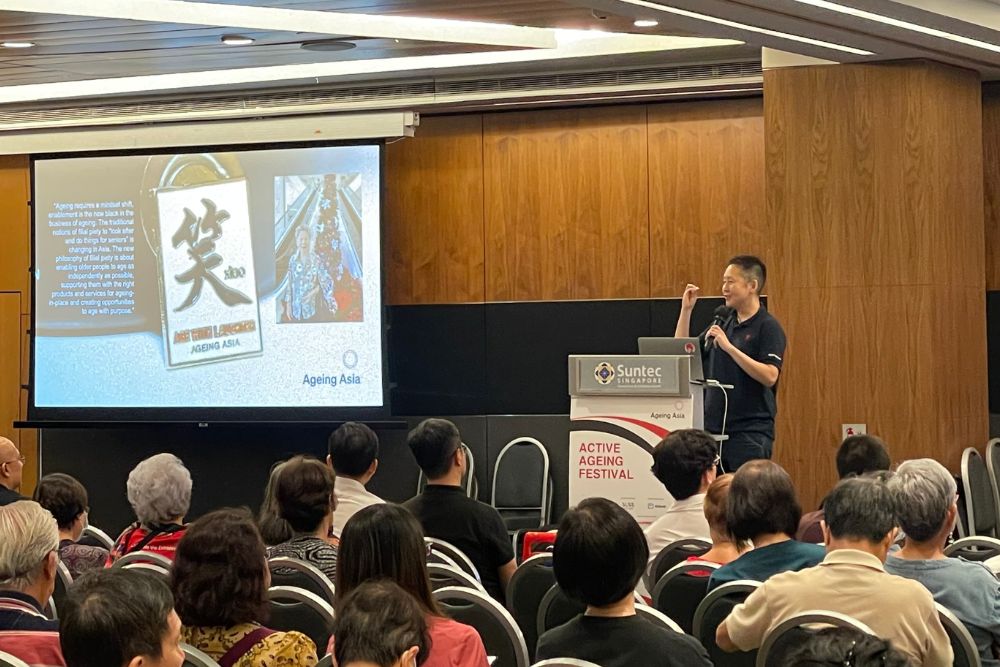
Why is it that after 60, we stop asking people the question 'What is your dream?'
said Janice Chia, founder and managing director of Ageing Asia, as she kicked off the Active Ageing Festival on a keynote on ageing with laughter.
She was describing a mindset shift from the seniors of the past, who viewed dependence and care from their offspring as an expression of filial piety, to the seniors of today, many of whom now value independence, freedom and yes, finding their own purpose apart from their children, even in later life (perhaps as proud members of the SKI Club?).
In her words, the filial piety of today would be an enabling force, rather than a caring one, that allows seniors to dare to dream.
Dr Kelvin Tan, head of SUSS’ Minor in Applied Ageing Studies programme, concurred on the importance of purpose, highlighting Singapore’s minting as an “engineered” longevity hotspot (or Blue Zone) by famed ageing researcher Dan Buettner.
He felt that there was much to learn from overseas ageing success stories like Japan, where technology played a key role in assisting with the more mundane aspects of day-to-day senior life. This, in turn, freed up the capacity to pursue interests that could benefit the community, their families or themselves.
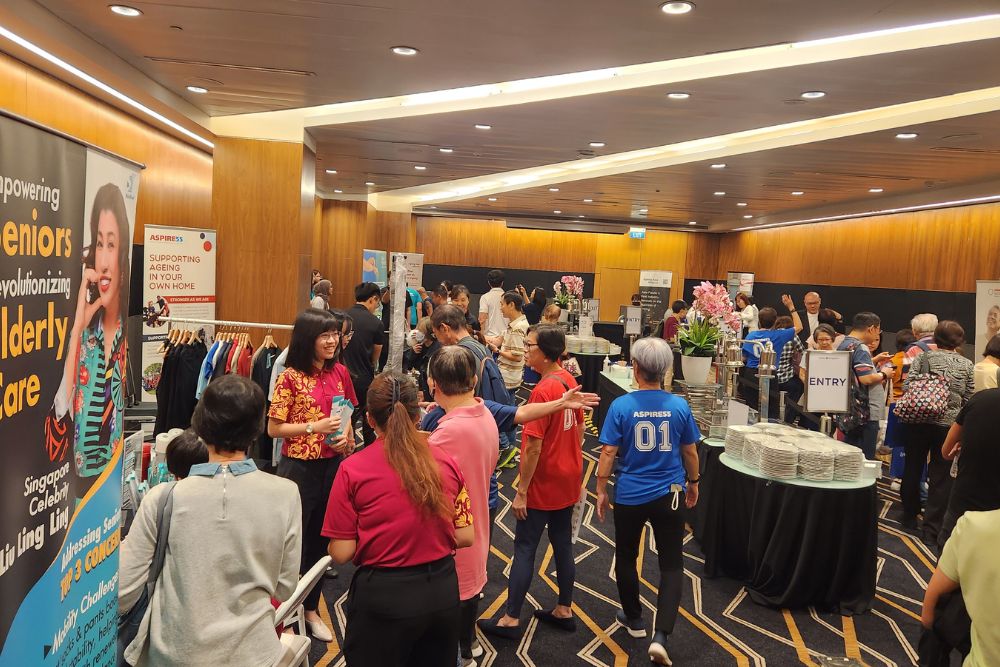
Active Ageing Festival: Purpose without a profession
Indeed, purpose as understood by the word ikigai need not necessarily refer to what one does professionally – especially since a huge proportion of Singapore’s growing senior population would likely transition to part-time work or retirement as they enter their silver years.
Purpose can also come in the form of volunteerism, the leading of an interest group or pursuing your passions, said Martin Thoo, deputy director of operations at AIC.
Though this might be difficult to find at first rub, he encouraged seniors to take the first step by participating actively in community programmes, as this, more often than not, would eventually lead to them finding their own form of purpose.
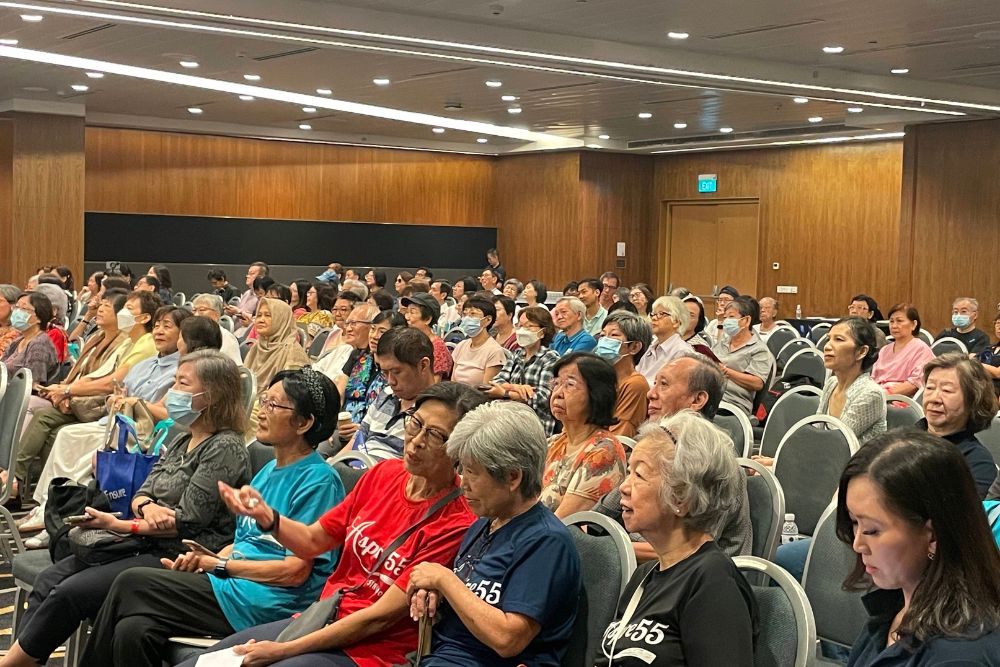
Reframing the silver perspectives by Active Ageing Festival
Above all, the speakers at the Active Ageing Festival emphasised reframing one’s perspective on getting older – both in terms of how they act and feel.
Janice of Ageing Asia returned to talk about how one could benefit from ageing as an “adorable senior”. Rather than being a grumpy, frumpy silver, ageing would be a more enjoyable experience if one continues to be interested in the world around them, as that means they would also be more interesting to others, she said.
Seniors should also invest time in building relationships within and across other generations while always saying yes to new things, she added. In other words, seniors can attract positivity by having a positive outlook on life.
Dr Ron Ng, a geriatrician and physician with the non-profit Tsao Foundation, dived into the very concept of age and ageing. While our bodies do indeed change biologically as we age, he averred that our mentality and psychology need not necessarily age at the same rate.
He also stated that the widely accepted benchmark age of 65 as the age of being a senior is in fact an outdated relic stemming from our colonial past, especially since life expectancies have ballooned with advancements in medical technology and general improvements in standard of living.
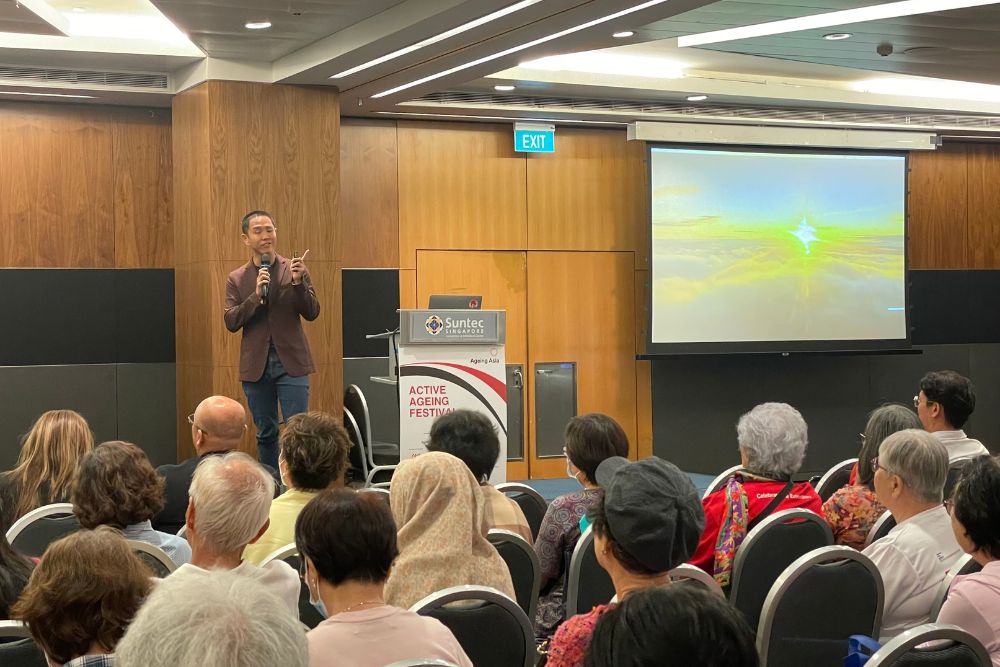
Getting old can be a sunrise or a sunset — it's up to you to decide,
he said.



